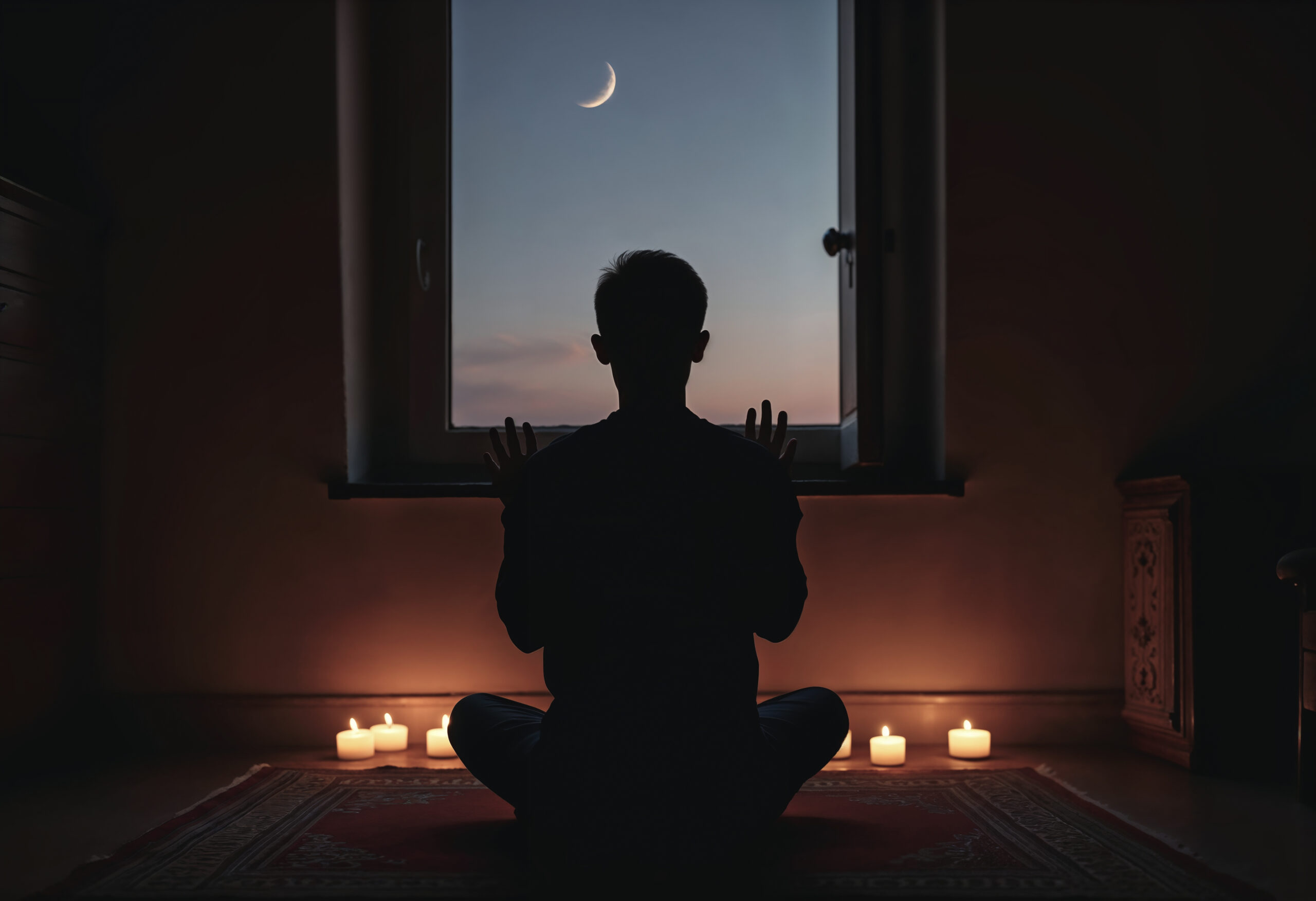Sheikh Abdur Rehman
April 14, 2025 11:50 am

Struggling with anxiety or depression? You’re not alone — and Islam does not ignore your pain. This blog explores how Islamic teachings, dua, the Prophet’s ﷺ advice, and mental health support can help Muslims cope, heal, and find hope.
The Prophet Muhammad ﷺ himself experienced deep grief during the “Year of Sorrow” after losing Khadijah (RA) and Abu Talib. Islam teaches us that sadness is part of being human — and it’s okay to feel overwhelmed.
“Indeed, with hardship comes ease.” – Surah Ash-Sharh (94:6)
Islam encourages dua and turning to Allah for comfort. But it also encourages seeking help. Even Prophet Muhammad ﷺ advised companions to seek treatments and solutions.
Dua for stress and worry:
“O Allah, I seek refuge in You from anxiety and grief…” (Bukhari)
Seeking therapy is not un-Islamic — it’s responsible and wise.
Praying regularly, remembering Allah (dhikr), and even small acts like saying “Alhamdulillah” can calm the heart. The Quran describes dhikr as something that brings tranquility to the soul.
“Verily, in the remembrance of Allah do hearts find rest.” – Surah Ar-Ra’d (13:28)
Taking care of your body is part of your deen. Eating well, getting rest, and keeping a routine can dramatically improve mental health. The Prophet ﷺ encouraged balance in life, including sleep, laughter, and spending time with family.
If someone around you is going through a dark time — reach out. Be kind. Listen. Your words might be the light someone is praying for.
Islam doesn’t expect you to be perfect or emotionless — it acknowledges that life gets heavy, and hearts get tired. But through Salah, Dhikr, support systems, and professional help, you are encouraged to fight for your well-being.
Just like the night is followed by dawn, your hardship will be followed by ease — because that’s a promise from Allah.
“So truly where there is hardship, there is also ease.” – Surah Ash-Sharh (94:5)
So if you’re struggling, know this: You’re not alone. Your pain is seen. Your prayers are heard. And healing is possible — one step, one prayer, one breath at a time.
Need more spiritual support? Keep following Globalsalah.com — your guide to finding peace through faith.
Tags: